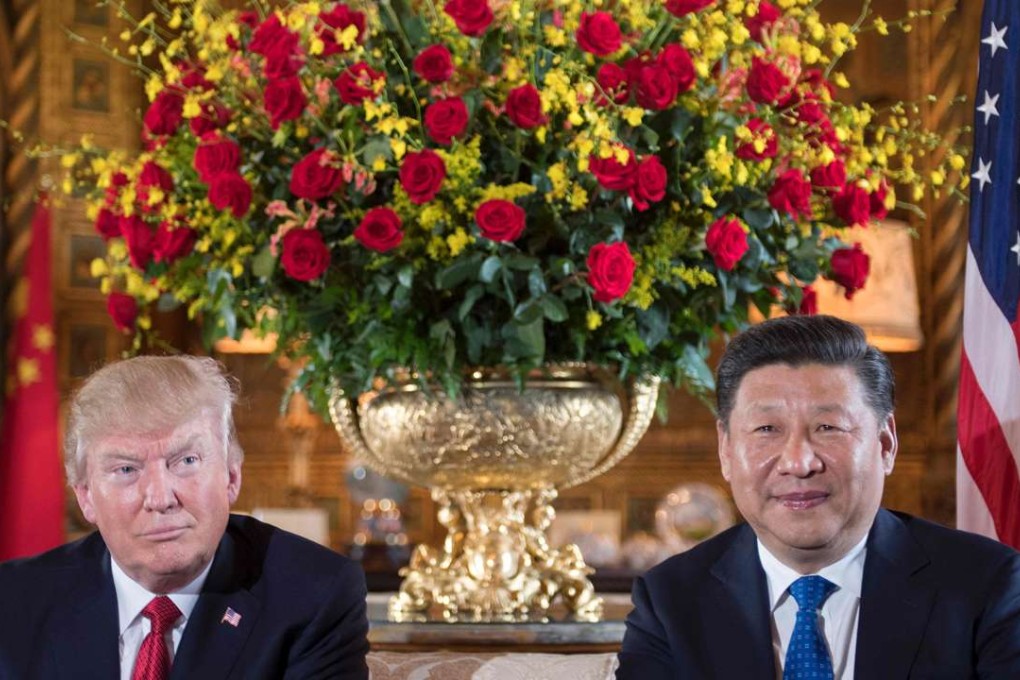Across The Border | Beijing highly likely to offer US import concessions — but impact more political rather than economic
China is willing to spend money on key concerns, while Trump still fails to prioritise economic or security priorities, analysts say

China may have offered the US some trade and investment concessions, to increase its bargaining power over some of its other key concerns, after the highly symbolic meeting between the two countries’ leaders.
But general analyst reaction to last week’s meeting between Chinese President Xi Jinping and US counterpart Donald Trump has been mixed, with one suggesting the latter’s policy towards China, in both the security and economic terms, still remains “confused and directionless”.
“Three conclusions dribbled out from their meeting, said Arthur Kroeber, co-founder of the China-focused research service Dragonomics in Beijing, wrote in a note on Monday.
First, the risk of a damaging trade war between the two countries has evaporated. Second, the urgent North Korea problem has pushed other elements of the strategic rivalry into the background; but fundamentally the US has no new useful ideas on that and the uneasy status quo will likely persist.
And third, Trump’s economic policy toward China remains tangled among conflicting aims which include protectionist deficit-reduction, knocking down China’s barriers to investment, and increase China’s investment in the States, and unable to prioritise any of them, he added.
“From China’s perspective, this is fine: it can offer the US a few concessions on trade and investment that costs it little, and get on with the task of expanding its economic and political influence in Asia,” Kroeber said.
